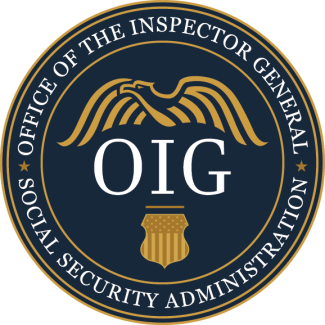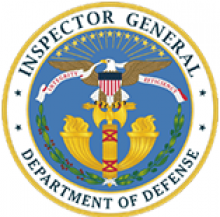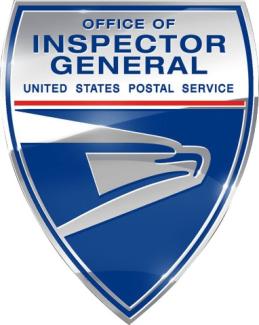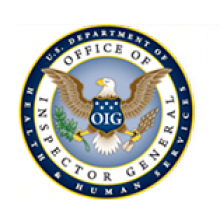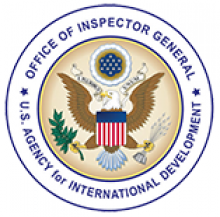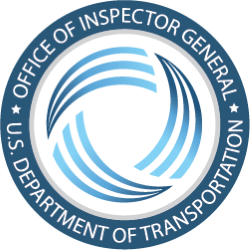To summarize and assess the most serious management and performance challenges facing the Social Security Administration.
| Report Date | Agency Reviewed / Investigated | Report Title | Type | Location | |
|---|---|---|---|---|---|
| Social Security Administration | The Social Security Administration’s Major Management and Performance Challenges During Fiscal Year 2024 | Top Management Challenges | Agency-Wide | View Report | |
| Department of Defense | Audit of Cost Increases and Schedule Delays of Military Construction Projects Managed by Naval Facilities Engineering Systems Command | Audit | Agency-Wide | View Report | |
| U.S. Postal Service | Security and Efficiency of the New Carrier Scanners and Electronic Locks | Audit | Agency-Wide | View Report | |
| Department of Health & Human Services | Not All Selected Hospitals Complied With the Hospital Price Transparency Rule | Audit | Agency-Wide | View Report | |
| U.S. Agency for International Development | Single Audit of Global Communities and Related Entities for the Year Ended September 30, 2022 | Other |
|
View Report | |
| U.S. Agency for International Development | Single Audit of Pan American Development Foundation for the Year Ended September 30, 2023 | Other |
|
View Report | |
| U.S. Agency for International Development | Financial Audit of USAID Resources Managed by Council for Education and Development in Burundi Under Cooperative Agreement 720-695-23-CA-00001, May 9 to December 31, 2023 | Other |
|
View Report | |
| U.S. Agency for International Development | Financial Audit of USAID Resources Managed by Never Again Rwanda Under Cooperative Agreement 720-696-21-CA-00004, January 1 to December 30, 2023 | Other |
|
View Report | |
| Department of Transportation | DOT’s Fiscal Year 2025 Top Management Challenges | Top Management Challenges | Agency-Wide | View Report | |
| U.S. Agency for International Development | Audit of the Schedule of Expenditures of NNLE United Nations Association of Georgia Under Multiple Awards in Georgia, January 1, 2022 to December 31, 2022 | Other |
|
View Report | |


